November 13, 2018
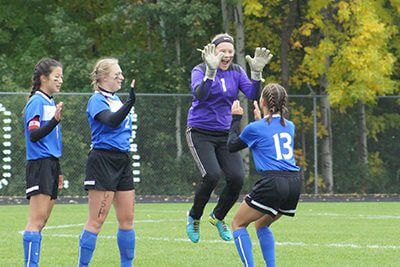 This article is the fifth and final in a series called “The Fall Campaign Stories of Impact: Five Weeks, Five Stories, Five Reasons to Give.”
This article is the fifth and final in a series called “The Fall Campaign Stories of Impact: Five Weeks, Five Stories, Five Reasons to Give.”
“Healthy mind, healthy body” is an ancient educational theme that celebrates the integration of academics and athletics. MPA has been at the forefront of cultivating student athletes, with an emphasis on achievement and leadership that extends from the classroom to the courts, fields, and stadiums where our Panthers compete.
“MPA’s no-cut philosophy means that we welcome all students and place them appropriately,” explains Dan Haase, MPA athletic director. “Every student who wants to participate is encouraged to take part and then matched to a team that reflects their current skill level. Unlike other schools, we don’t restrict the number of students who can join a team. For example, many schools might limit a basketball team to 12 players. If we have 16 students who want to play basketball, we include them all and work with them to progressively build their skills, whether they’re starting from a novice level or come in with an advanced level of performance.”
With competitive sports beginning in fifth grade at MPA, students have a long runway to grow as athletes. “We ensure that each level of play is developmentally appropriate, and that students are gaining the life skills that sports can uniquely provide,” says Haase. “We engage students early and provide flexibility so they can pursue multiple extracurricular activities. We want them to be well rounded, and to pursue the arts as well as athletics.”
That big picture approach to sports has cultivated high levels of participation and success. With more than 20 Upper School teams, 10 team state championships, and 20 individual state championships, our athletes transform their gifts and talents into everlasting accomplishments.
“Ultimately, our athletics program is student-centered,” says Haase. “We are continuously assessing the opportunities, gauging our students’ interests, and encouraging students to get involved and stay involved throughout their time at MPA.”
Because of philanthropy at MPA, our students develop physically, socially, and introspectively through athletics. Consider making a donation to the MPA Fund during the Fall Campaign by visiting moundsparkacademy.org/donate or contacting Susan Robertson, Annual Giving & Alumni Relations Manager, at 651-748-5531. Together, we will raise $300,000 to bridge the gap between tuition and the total cost of educating a student at MPA.
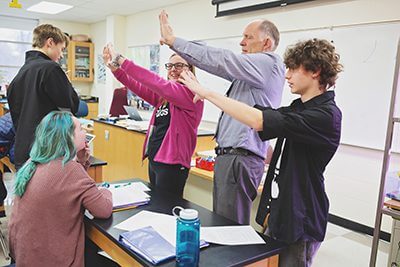 by Dr. Bill Hudson, Head of School
by Dr. Bill Hudson, Head of School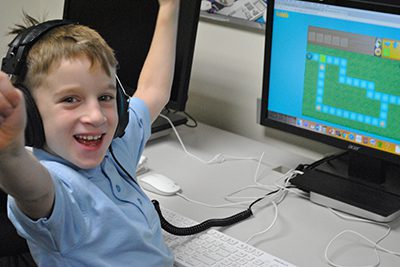 by Ariel Kitch, PreK-12 Technology Integration Specialist
by Ariel Kitch, PreK-12 Technology Integration Specialist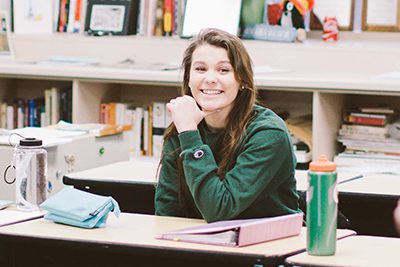 by Mark Segal, Upper School Director
by Mark Segal, Upper School Director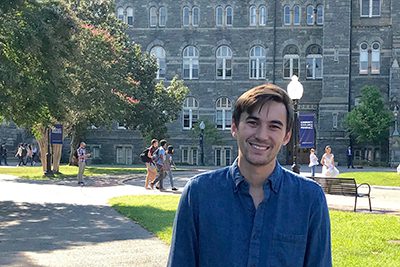 MPA’s college counseling process is driven by careful consideration of each student’s unique set of interests, priorities, and aspirations, balanced with an understanding of the current college admission landscape. MPA alumni Andrew Guiang ’08 shares the most valuable part of the college search process at MPA and how it prepared him for his future. Read the Q&A with Andrew below and more about
MPA’s college counseling process is driven by careful consideration of each student’s unique set of interests, priorities, and aspirations, balanced with an understanding of the current college admission landscape. MPA alumni Andrew Guiang ’08 shares the most valuable part of the college search process at MPA and how it prepared him for his future. Read the Q&A with Andrew below and more about 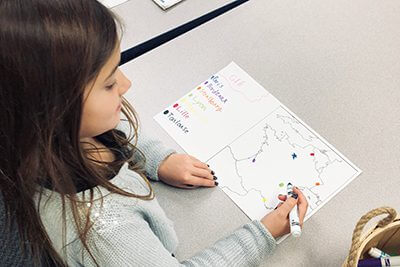 by Dr. Bill Hudson, Head of School
by Dr. Bill Hudson, Head of School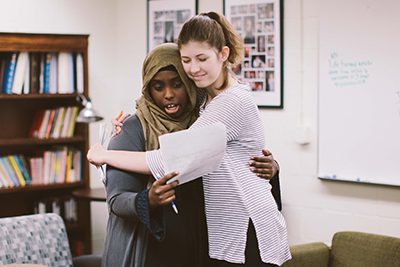 by Dr. Bill Hudson, Head of School
by Dr. Bill Hudson, Head of School This article is the fifth and final in a series called “The Fall Campaign Stories of Impact: Five Weeks, Five Stories, Five Reasons to Give.”
This article is the fifth and final in a series called “The Fall Campaign Stories of Impact: Five Weeks, Five Stories, Five Reasons to Give.” by Dr. Bill Hudson, Head of School
by Dr. Bill Hudson, Head of School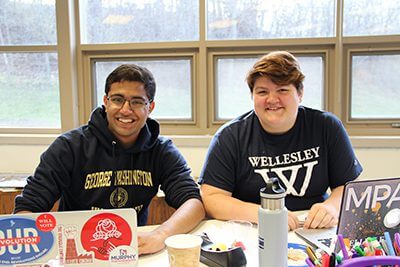 This article is the fourth in a series called “The Fall Campaign Stories of Impact: Five Weeks, Five Stories, Five Reasons to Give.”
This article is the fourth in a series called “The Fall Campaign Stories of Impact: Five Weeks, Five Stories, Five Reasons to Give.”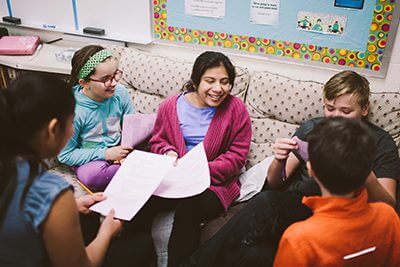 by Jenn Milam, Ph.D., Middle School Director
by Jenn Milam, Ph.D., Middle School Director